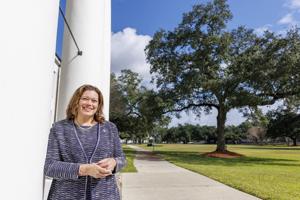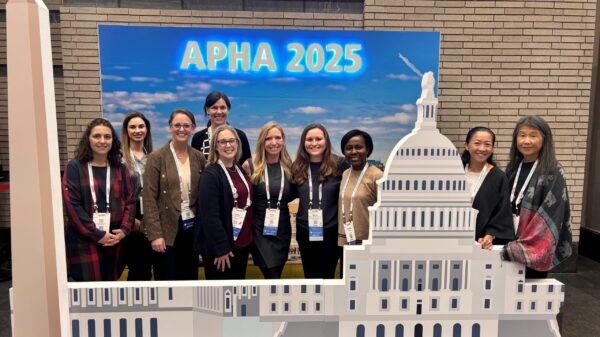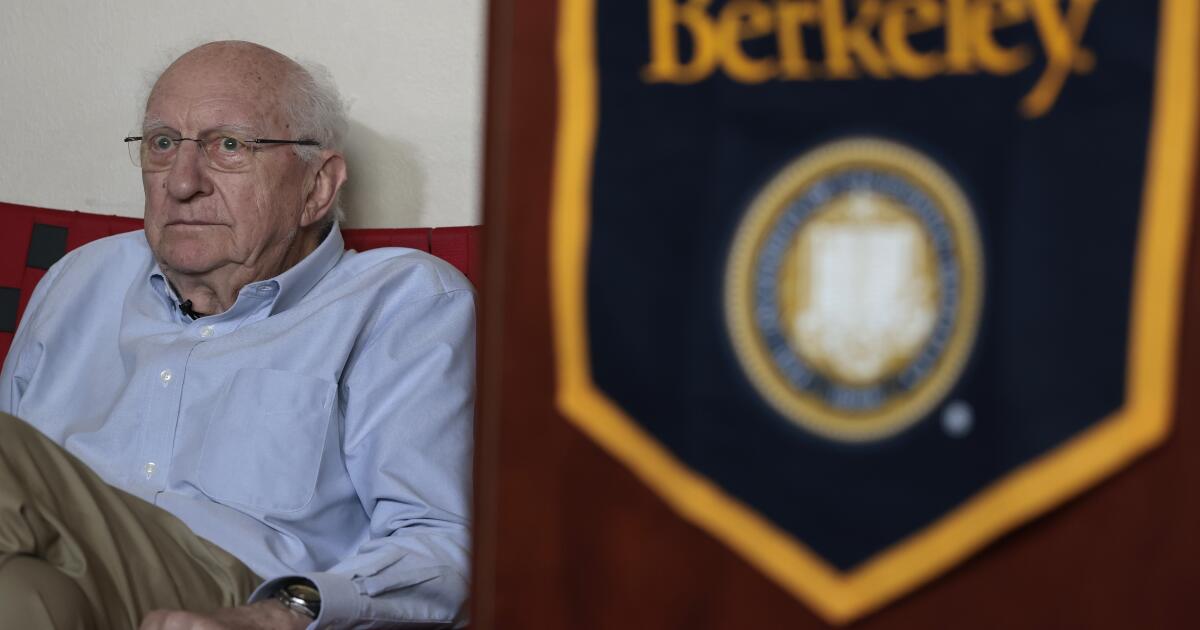UPDATE: The University of California (UC) has achieved an extraordinary milestone, securing five Nobel Prizes in scientific categories, even as President Donald Trump continues his push for the Nobel Peace Prize. This development highlights the remarkable achievements of UC researchers in groundbreaking fields amidst a politically charged atmosphere.
The Nobel Committee recognized UC scientists for their innovative work that could lead to significant advancements in areas such as water purification, carbon capture, and cancer treatment. This week, the world learned that Omar Naghi, a chemist who rose from humble beginnings in a Palestinian refugee camp, was among the recipients. Naghi’s research focuses on creating porous materials that hold “enormous promise” for a sustainable future, including clean energy storage and drug delivery solutions.
Naghi stated, “My parents could barely read or write. It’s been quite a journey, science allows you to do it,” emphasizing the transformative power of education and research. His story exemplifies the human impact of scientific progress, resonating deeply at a time when peace initiatives in Gaza are under scrutiny.
The accolades do not stop there. Along with Naghi, UC Berkeley’s John Clarke won the Nobel Prize in Physics, alongside former colleagues from Yale University and UC Santa Barbara. Their pioneering work laid the foundation for quantum computing, which has the potential to revolutionize various sectors, including healthcare and cybersecurity.
In the realm of physiology and medicine, Frederick J. Ramsdell, a UCLA graduate, was honored for his contributions to understanding the human immune system. His recognition comes amid a broader assault on academic institutions by Trump’s administration, which has targeted UC campuses with accusations of racial bias in admissions and a proposed $1.2 billion fine for perceived “woke” policies.
Despite these challenges, UC President James B. Milliken acknowledged the university’s commitment to advancing knowledge and conducting research that “improves our lives.” He refrained from direct comments on Trump, instead focusing on the ongoing work of UC scientists.
This striking achievement serves as a reminder of the vital role that academic institutions play in driving innovation and addressing global challenges. As Trump continues to pursue recognition for peace efforts, the success of UC researchers underscores the importance of prioritizing scientific advancement for the betterment of humanity.
As the academic community celebrates these Nobel wins, the question remains: Will Trump pivot from divisive rhetoric and embrace the collaborative spirit exemplified by these scholars? As developments unfold, the world will be watching closely.
Stay tuned for more updates on this developing story and the implications of these awards for the future of research and education in America.




































































